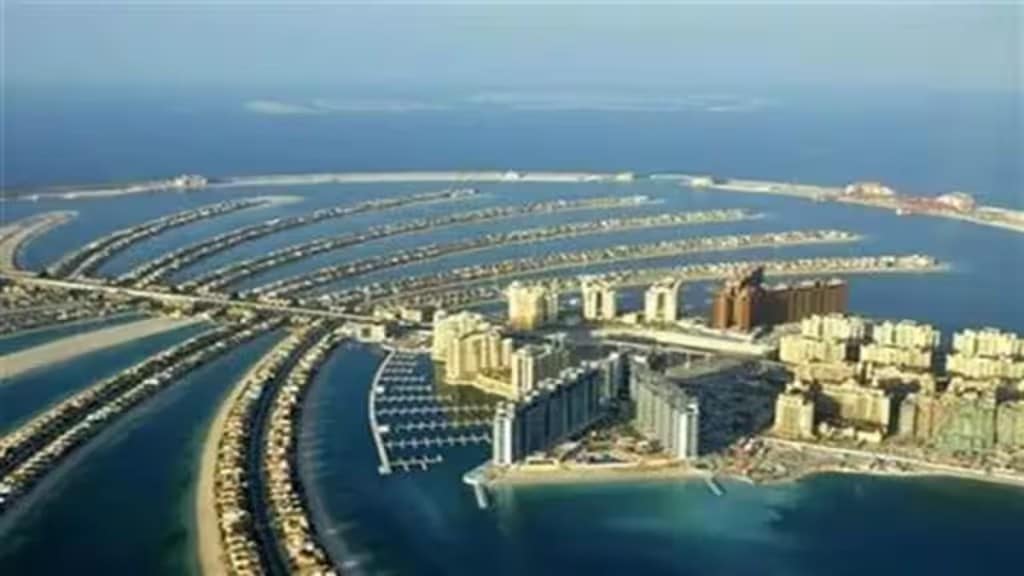By Harshita Kaur
To combat climate change, the Paris Agreement of 2015 aimed to mobilise collective action toward limiting the global temperature. The global action was primarily focussed on strong mitigation measures to reduce carbon emissions. The coming COP28 is likely to focus on global transformative climate action, as a critical turning point to address climate change in the form of a Global Stocktake (GST). The United Nations Framework Convention on Climate Change defines GST as a party-driven process, that allows nations and other stakeholders to determine whether they are collectively making progress toward fulfilling the goals of the Paris Agreement or not. It entails taking a comprehensive look at the state of global climate action and support, identifying any gaps, and cooperating to come up with a solution roadmap.
But the question arises, whether it’s enough, these measures being the sole drivers for comparison between climate actions of various countries, when the countries from the global south are facing the harsh realities of compound climate hazards.
The complementing nature of the interlinked policy areas of adaptation and mitigation have been addressed in climate risk assessment in small-scale urban settings, adaptation lessens the vulnerability of the city, while mitigation lessens exposure to the effects of climate change. According to the Intergovernmental Panel on Climate Change (IPCC), adaptation can be referred to as the process of adapting to the current or predicted environment and its impacts to minimise harm or take advantage of favourable chances. These terms possess different prospects for the countries involved in the COP.
Various studies indicate that the Global South countries are more vulnerable to the compound climate risks that occur because of the interaction of climate change hazards, represented by a single severe event or by a series of related or consecutive occurrences that affect vulnerable systems or sectors in their urban setting.
India emerging as a global south representative is one of the most vulnerable nations in the world because of climate change and one of the main emitters of greenhouse gases. According to the commissioned research report 2023, India is already undergoing climate change, and its impacts, such as water stress, heat waves, drought, severe storms, flooding, and related detrimental effects on health and livelihoods are affecting the people particularly living in coastal and hilly regions. All in the form of compound climate risks, the need for adaptation in existing scenarios and mitigation for the long term becomes inevitable for India and other vulnerable countries to climate change.
The COP countries have majorly focused on mitigation as of now, but adaptation is more about climate justice and equity in terms of the effects of climate change as quoted from the speech of the secretary of the Ministry of Environment, Forest and Climate Change at a summit in India.
India’s push for adaptation can be backed by various arguments. First, Mitigation actions can take decades to have a substantial impact. The effects of climate change are already being felt and will only get worse in the short to medium term in vulnerable countries of the world, making adaptation measures increasingly critical. Second, Adaptation strategies can lessen susceptibility and the harmful effects of climate change. Focusing on these strategies can help manage the risks from compound climate hazards such as floods and droughts. Third, the adaptation measures have a visible and multi-plier effect on enhancing other ecosystem services and increasing resilience.
It is believed that at COP28, the overall progress made on mitigation, adaptation, and means of implementation and assistance will be presented by the conclusion of the Global Stocktake. What needs to be kept in mind is the meaningful assessment of this conclusion, using this aggregate outcome to handle the conflicting demands of the countries and vulnerable regions. The adaptation to climate change needs to be in focus with improvement in national-level actions, removing the political and administrative barriers to the methodological difficulties in adaptation processes. Strategising for adaptation policy with an assessment of current vulnerabilities and future climate risks is the need of the hour for most of the COP countries. The changing socio-economic condition needs to be taken into consideration to continue the adaptation process and do climate justice to vulnerable countries.
The COP28 ambitious agenda needs to be more result-oriented and provide a comprehensive assessment of the progress, as it’s essential to align the efforts on climate action. The difference between these contrasting terms of mitigation and adaptation is to be taken seriously as moving toward the next COP aiming at global action. As mitigation is essential to reduce climate change as a long-term plan, adaptation plays a crucial role in adapting to life in a changing climate faced by vulnerable countries on a regular basis, other than forming new policies and plans parallel to existing planning processes, climate resilient adaptation and mitigation measures needs to be incorporated in nascent planning stages.
Thus, an adaptation policy needs to be formulated under climate-resilient planning processes for future COP assessments on similar lines of global stocktake for transformative climate action.
The author is Project Associate, Transport and Urban Governance Division, The Energy and Resources Institute.
Disclaimer: The views and opinions expressed in this article are solely those of the original author. These views and opinions do not represent those of The Indian Express Group or its employees.


















